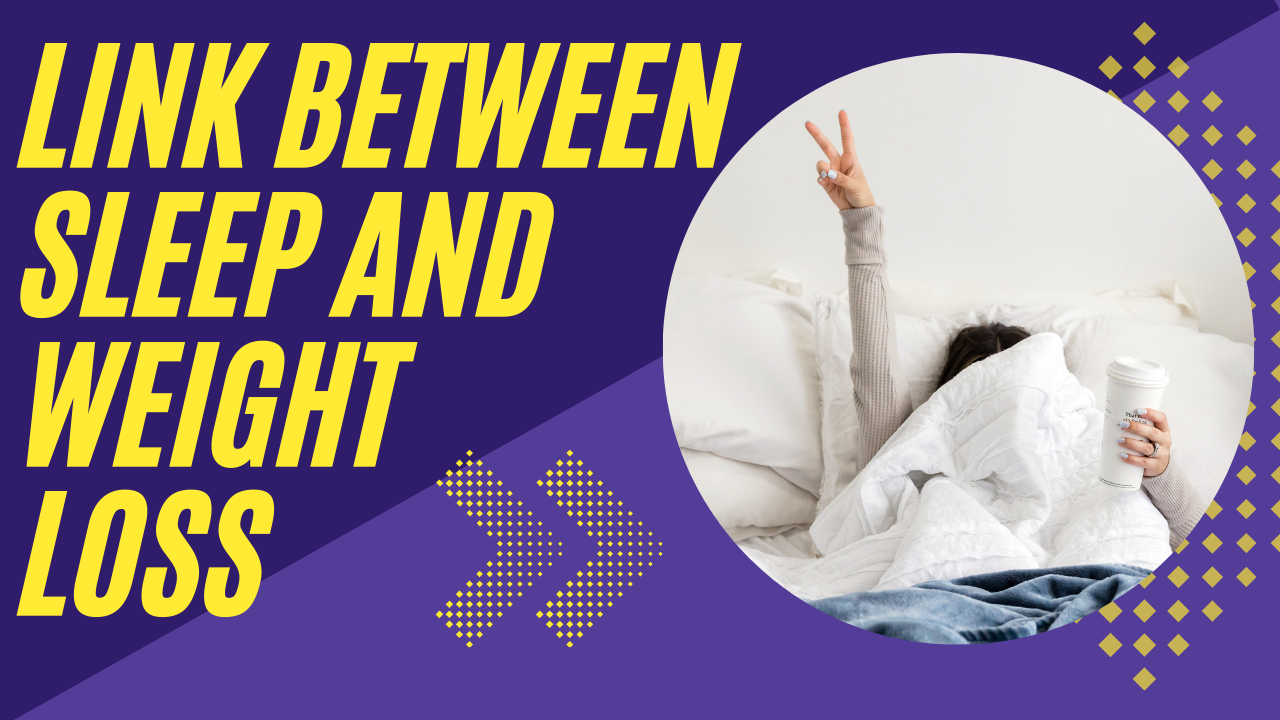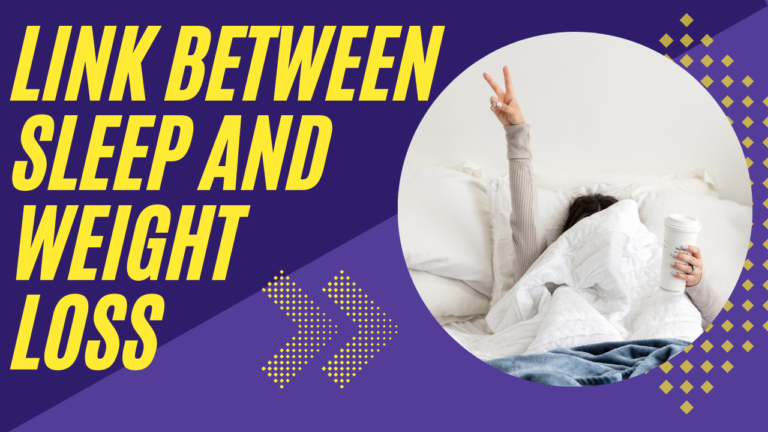
When it comes to weight loss, most people focus on diet and exercise, but there’s one crucial factor that often gets overlooked: sleep. Research has shown that sleep plays a significant role in regulating weight and supporting overall health. In this blog post, we’ll explore the connection between sleep and weight loss, why quality sleep is essential, and how improving your sleep habits can help you achieve your health goals.
The Science Behind Sleep and Weight Loss
Sleep is not just a time for your body to rest—it’s when many important processes occur that affect your metabolism, hormones, and appetite regulation. Understanding these processes is key to recognizing the powerful link between sleep and weight loss.
1. Sleep and Hormones: Balancing Appetite Regulators
During sleep, your body regulates key hormones that control your appetite and metabolism. Two of the most important hormones involved in hunger and satiety are ghrelin and leptin.
- Ghrelin, often called the “hunger hormone,” stimulates appetite. When you’re sleep-deprived, your body produces more ghrelin, leading to increased hunger and cravings, especially for high-calorie, unhealthy foods.
- Leptin, on the other hand, is the “satiety hormone” that tells your body when it’s full. Sleep deprivation lowers leptin levels, making you feel less satisfied after eating, which can lead to overeating.
When you don’t get enough sleep, these hormones are thrown out of balance, making it more difficult to control your appetite and stick to healthy eating habits.
2. Sleep and Insulin Sensitivity: Managing Blood Sugar Levels
Insulin plays a critical role in fat storage and metabolism. Chronic sleep deprivation has been shown to decrease insulin sensitivity, meaning your body becomes less efficient at processing sugars and converting them into energy. This can lead to increased fat storage and higher blood sugar levels, both of which contribute to weight gain.
By getting adequate rest, you can improve insulin sensitivity, which helps to regulate your blood sugar levels and supports better weight management.
3. Sleep and Stress: Cortisol’s Impact on Weight
When you’re stressed, your body releases a hormone called cortisol. While cortisol is essential for managing stress, elevated cortisol levels can have negative effects on your weight. High cortisol levels can increase appetite and cravings for sugary or fatty foods, leading to overeating and weight gain. Additionally, stress and poor sleep often go hand-in-hand, creating a cycle of sleeplessness, elevated cortisol, and weight gain.
4. Sleep and Physical Activity: Enhancing Performance
Getting enough quality sleep also enhances your physical performance. Sleep supports muscle recovery and helps maintain energy levels, which can improve the intensity and duration of your workouts. When you’re well-rested, you’re more likely to engage in regular physical activity, which is crucial for weight loss and overall health.
How Much Sleep Do You Need for Weight Loss?
While individual sleep needs vary, most adults require between 7-9 hours of sleep per night for optimal health. Consistently getting less than this amount can negatively impact your metabolism, increase hunger, and reduce the effectiveness of your workouts.
If you find yourself getting less sleep than needed, try adjusting your routine gradually, aiming to get just 15-30 minutes more sleep each night. This can make a significant difference in how you feel during the day and how your body responds to your weight loss efforts.
Tips for Improving Sleep to Support Weight Loss
Now that we’ve explored the connection between sleep and weight loss, let’s discuss some practical strategies for improving your sleep quality.
1. Create a Consistent Sleep Schedule
Going to bed and waking up at the same time every day can help regulate your body’s internal clock, making it easier to fall asleep and wake up naturally. This consistency can enhance the quality of your sleep, allowing your body to enter the deeper stages of rest.
2. Limit Caffeine and Sugar Intake
Consuming caffeine or sugary foods too close to bedtime can interfere with your ability to fall asleep. These substances can stimulate your nervous system and increase blood sugar levels, making it harder to wind down. Try to limit caffeine to the morning and avoid sugary snacks before bedtime.
3. Optimize Your Sleep Environment
Your bedroom environment plays a crucial role in how well you sleep. Make sure your room is cool, quiet, and dark to promote better sleep quality. Invest in a comfortable mattress and pillows to support restful sleep.
4. Manage Stress Through Relaxation Techniques
Since stress can disrupt both sleep and weight loss efforts, incorporating relaxation techniques into your evening routine can be beneficial. Consider activities such as deep breathing exercises, meditation, or light stretching to calm your mind and prepare for sleep.
5. Limit Screen Time Before Bed
The blue light emitted by phones, tablets, and computers can interfere with the production of melatonin, the hormone that helps regulate sleep. Try to avoid screens at least 30 minutes to an hour before bedtime to improve your sleep quality.
Conclusion
The link between sleep and weight loss is undeniable. Quality sleep not only supports hormonal balance and metabolism but also helps to manage stress, improve physical performance, and reduce cravings. By prioritizing sleep and making small adjustments to your routine, you can enhance your weight loss efforts and improve your overall health.
Remember, sleep isn’t just a luxury—it’s a vital part of your health journey. If you want to lose weight, don’t forget to give your body the rest it needs to function at its best. Start making sleep a priority today and watch how it positively impacts your health and wellness.

















